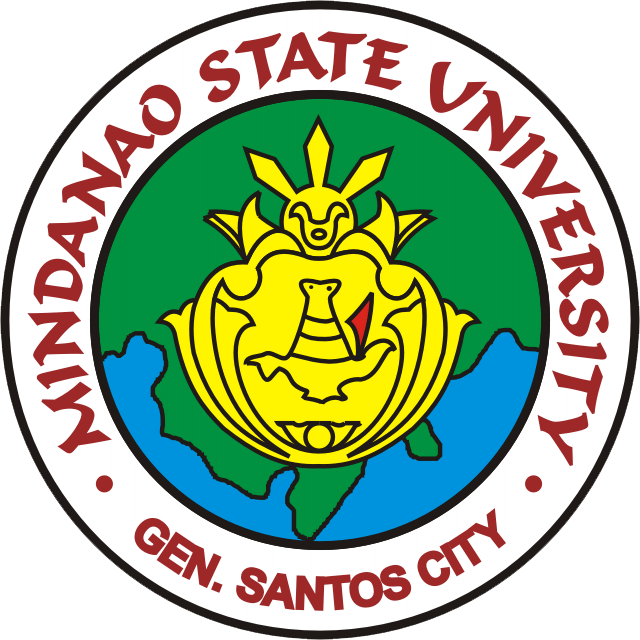The study was conducted in T'boli, South Cotabato from October to November 2021 in selected Barangay's in T'boli, South Cotabato namely: Barangay T'bolok, Laconon, Lambuling, Lamhaku, Salacafe, and New Dumangas. This study was conducted to assess the socio-economic condition of saba farmers in T'boli, South Cotabato. Specifically, the study aims to identify the different cultural management practices, profitability, marketing outlet and policy implications. Purposive sampling was used in selecting the barangay and quota sampling was done in selecting the respondents respectively. An interview schedule was used as a guide during the personal interview to collect data from the saba farmers.
With regards to their production problems, occurrence of pest and diseases was number one followed by poor weather condition. Saba farmers are not highly adaptive to modern technology and they preferred the traditional way in cultivating their land. Results showed the main marketing problem encountered by the farmers is the instability of prices of produce. The study showed that the owner has the highest capital investment and net income of 3,398.21 pesos with return on investment of 114%. Saba farming is an additional income of the farmers in order to augment their expenses. The higher the income they will get, the higher the standard of living they will have. Hence, the government may provide trainings on proper management and practices in saba farming. The government may consider to add financial support or provide subsidy on different inputs. The saba producers may consider engaging in value-added processing on their harvested saba as well as proper handling in deleafing and desuckering of their saba in order to maximize production.
Author
ANGELICA E. PLEÑOS
Abstract
SY
2022
Program
Bachelor of Science in Agricultural Business Management
Department
Department: Animal Science and Agribusiness
College
College: Agriculture
